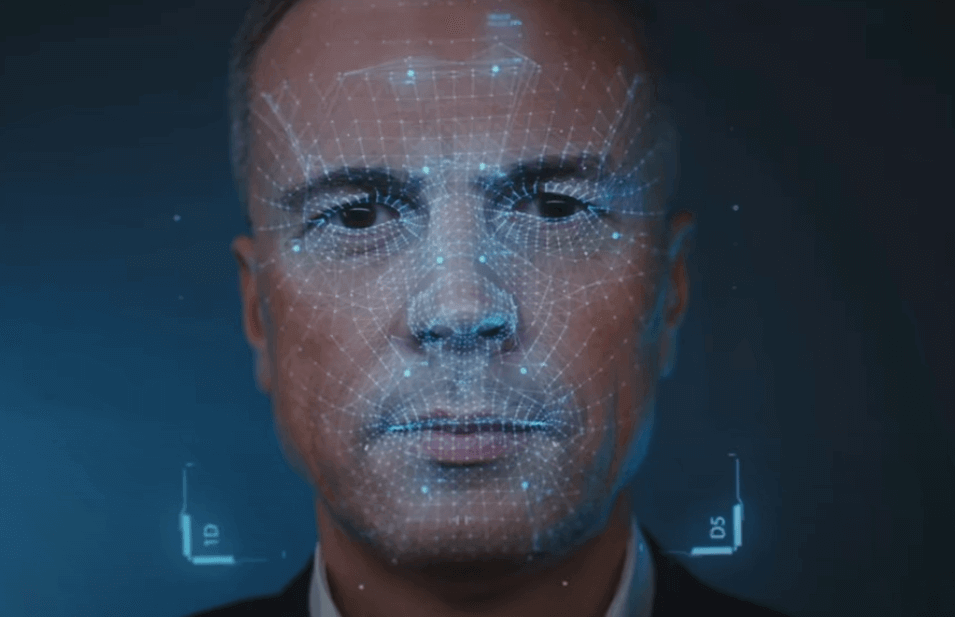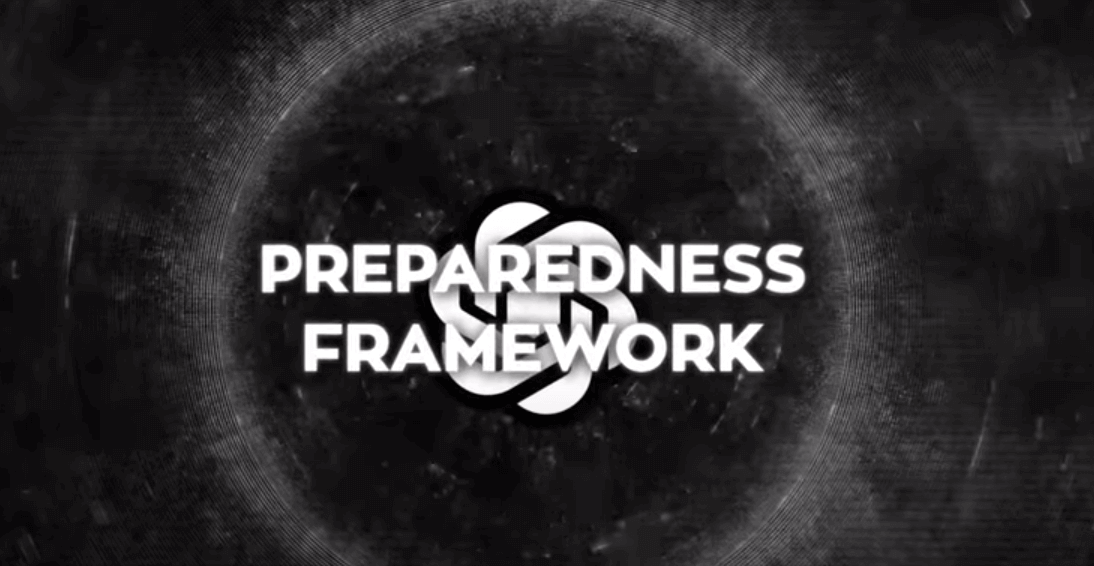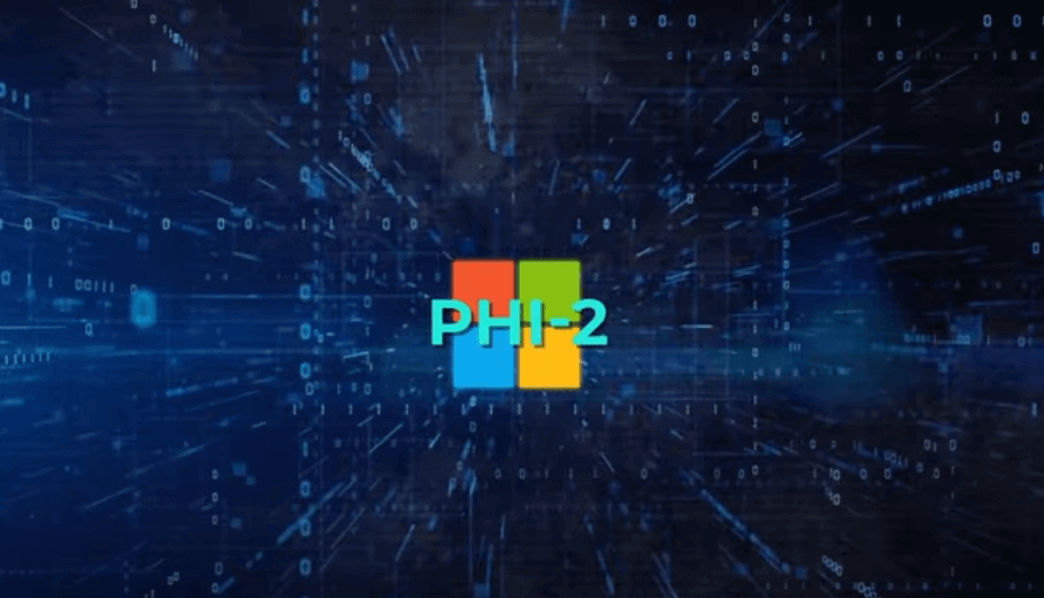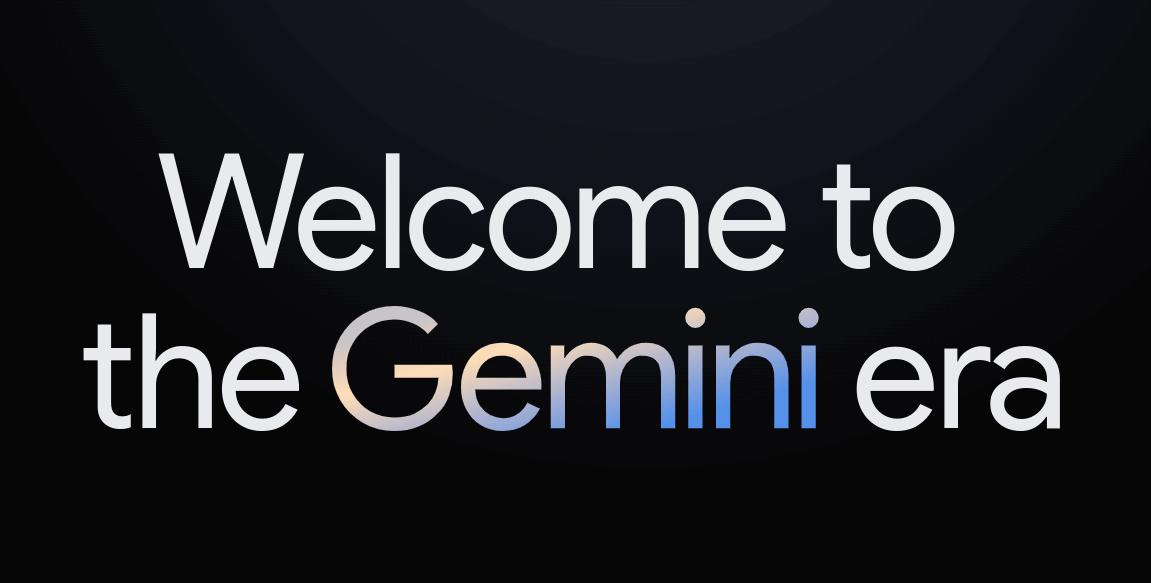In the dynamic landscape of social media, artificial intelligence has spawned influencers that seamlessly blend with real humans. Imagine navigating your preferred social platform and discovering an influencer who embodies flawlessness – from impeccable style to perfect skin and an adventurous lifestyle. The twist? They aren’t real. Welcome to the realm of AI influencers taking the reins on social media – the surge of AI in the digital landscape.
Decoding the Onrush of Artificial Intelligence
As AI algorithms evolve, they transcend mere data analysis to create not just engaging content but also hyperrealistic images and videos. This introduces us to the intricate world of deep fakes – AI-generated media that swap individuals in existing images or videos with another person’s likeness, often without consent. The challenge arises when discerning what’s authentic becomes a formidable task.
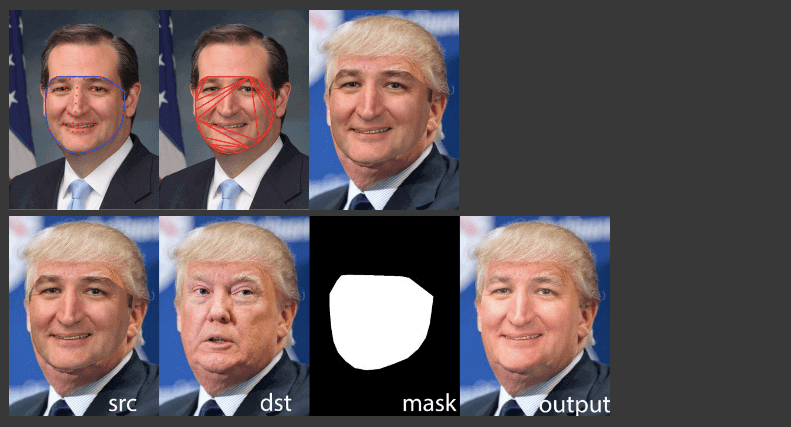
source: colab research google
Initially developed for benign purposes like movies or education, deep fakes have infiltrated social media, introducing a new level of illusion. Powered by machine learning and neural networks, this technology mimics facial expressions, voice, and mannerisms, enabling AI to produce videos of people doing or saying things they’ve never done.
The Dual Nature of AI in Social Media
Navigating the social media arena, this technology wields a dual nature. On one side, it emerges as a powerful instrument for curating captivating and enjoyable content. Conversely, it brings forth substantial concerns encompassing misinformation, identity theft, and the decay of public confidence. Deep fakes introduce a nuanced dimension to AI’s impact on social media, extending beyond the creation of artificial influencers. They actively engage in shaping public perceptions, constructing deceptive narratives, and testing our aptitude to differentiate reality from fabrication in the vast digital landscape.
Exploring Further the Dilemma of AI Influencers
Now, let’s dive into the perplexing world of AI influencers, further complicated by the advent of deep fakes and the creation of entirely fake profiles. The sophistication of AI and deep fake technology has reached a point where crafting digital personas that are incredibly lifelike is possible. These AI-generated influencers mirror human influencers in every aspect, from facial expressions and voice to fashion choices and lifestyle.
Creating these AI influencers involves deep learning algorithms that analyze thousands of real human images and videos to generate new artificial ones. This approach enables the development of flawless photos and videos featuring consistent facial features and body types, resulting in AI-generated influencers that closely resemble real humans. As a result, users face growing challenges in distinguishing between interactions with genuine individuals and computer-generated entities.
Navigating Ethical Dilemmas in the World of AI Influencers
The implications extend beyond creating believable digital characters. Instances now abound where individuals or companies use AI-generated images and deep fakes to construct entire social media profiles, presenting them as real influencers. These fake profiles amass significant followings, enabling their creators to earn money through advertising, sponsorships, and merchandise – all while leading audiences to believe they are interacting with genuine personas. This phenomenon raises critical ethical questions, as the use of AI to create fake influencers and deep fakes for profit blurs the lines between reality and fiction in a potentially deceptive and harmful manner. Audiences may form attachments, trust, and spend money based on these fabricated personas, unaware of the artificial nature of their interaction. Moreover, the use of deep fakes in this context contributes to a digital environment where discerning truth becomes increasingly challenging, impacting not just individual perceptions but potentially swaying public opinion and shaping cultural trends based on falsehoods.
The Future of AI Integration in Social Media
The trajectory of AI integration into social media hints at an intriguing yet challenging future. What we’re experiencing now is just the beginning of a transformative era where the boundaries between real and virtual merge. This evolution sparks critical discussions about the essence of authenticity and the role of trust in our digital interactions in the foreseeable future. Meta is also processed on a kind of chatbot that acts like a human in sometimes back.
